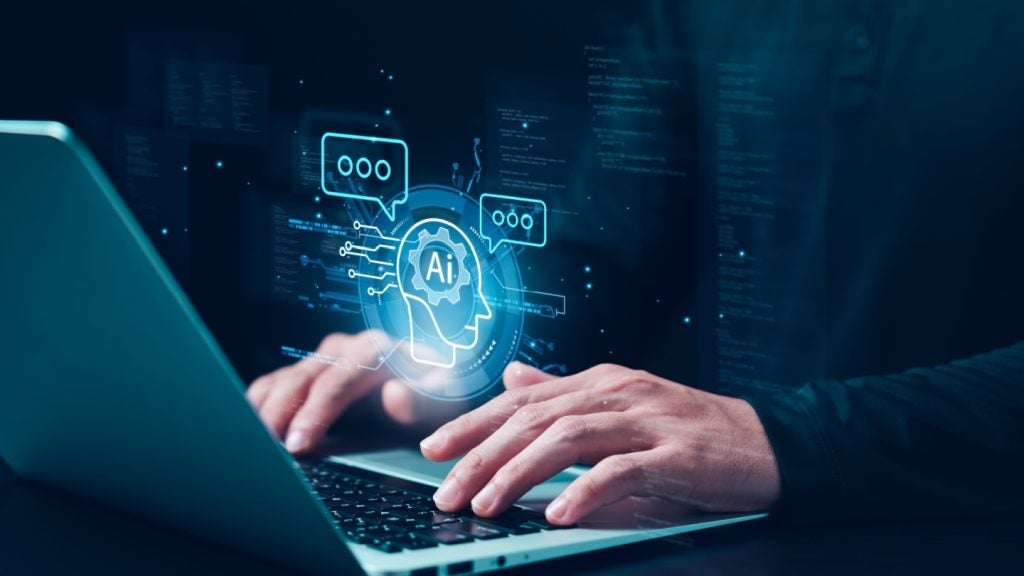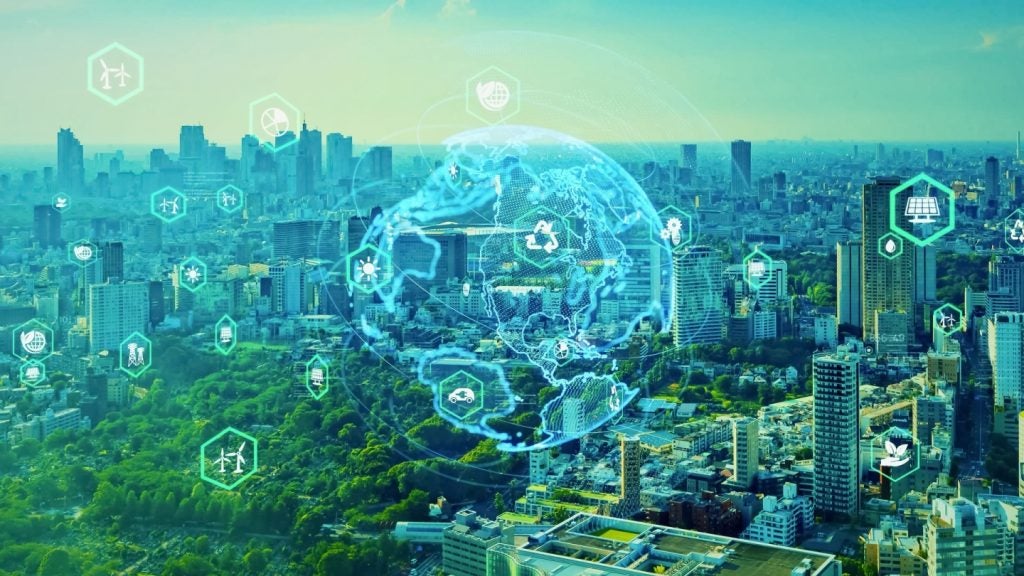
The next decade promises to offer both incredible opportunity and challenge for all of us. Technologies like artificial intelligence (and close friend machine learning) will no longer be considered new but will instead be at the heart of some huge disruptive changes that will run right through our society. In particular, AI will start to enable the automation of many things that were previously deemed too complex or even too “human”.
We’ll see these changes at work – traditional professions like accountancy, lawyers and others will over time, see significant portions of what they do be taken over by virtual robots. Vocations such as lorry drivers, taxi drivers and even chefs may disappear as machines are introduced to perform the same function but with more consistent results and less risk.
We’ll also see these changes at home as AI will bring a host of new changes to how we live. AI will help us speak any language to anyone in the world, it will help us discover and create new content and maybe even help us decide what food to eat and when we should rest (and for how long!) in order to help us live lives that are not just more healthy, but more productive and of course more fun.
Life in the 2020s: Education and tech
We’ll (hopefully) see these changes at school and in education too when we finally realise that in the 21st century, simply knowing “stuff” is no longer enough. Instead we might seek to use AI to build personalised learning schemes that tailor learning for every unique student such that they can reach their true potential regardless of their background, ability to learn or particular strengths and weaknesses.
This could also mean the end of exams and tests as we know it as we move away from the unnecessary stress and futility of a single measure of knowledge taken at a single moment in time to a world of continuous assessment, where the “system” is able to measure progress as a by-product of the work that the student does every single day.
Technology driving change
As for the technology itself, it’s going to continue to get quicker, cheaper, more powerful and smaller. Your huge smartphone may not be so huge by the time we get to 2030, in fact it may not be a phone at all but instead a small implant that you have inserted under your skin, just like the one we use today for our pets.
How well do you really know your competitors?
Access the most comprehensive Company Profiles on the market, powered by GlobalData. Save hours of research. Gain competitive edge.

Thank you!
Your download email will arrive shortly
Not ready to buy yet? Download a free sample
We are confident about the unique quality of our Company Profiles. However, we want you to make the most beneficial decision for your business, so we offer a free sample that you can download by submitting the below form
By GlobalDataWe’ll also see the introduction of new game changing technologies like Quantum Computing. Don’t be fooled, this is not just another computer but faster, the power and potential Quantum Computing offers us is almost unimaginable. Today’s quantum computers are limited, complex machines that require an extreme environment in which to run, (most early quantum computers need to run at -273°C so don’t think you’re going to see one in your office or your home any time soon.
But they are important because of the scale at which they operate. In simple terms, the power of today’s quantum computers is measured at around 50 cubits (a cubit is a quantum computer’s measure of power, a bit like the digital equivalent of horse power), scientists believe that when we can get Quantum computers to 500 cubits, those computers will be able to answer as many questions as there are atoms in the world and at the same time! This is a kind of computational power that we can’t even begin to imagine.
Oh and robots too. (Oh my!) These won’t be the industrial robots you’re used to seeing, they might not even be the science fiction looking robots (you know, the ones that start as friends and then take over the world…). These robots are going to be not just our friends, they’ll be a part of our families.
It’s already started. If you have a smart speaker at home, you’ve got an early ancestor of something that will end up becoming your own personal C3PO, not just there to help you but there to provide companionship and friendship while you go about your busy lives.
Life in the 2020s: Risks and challenges of technology
But all this won’t be without some risks.
Massive parts of our current labour market will be challenged by the rise of the machines. Our kids will continue to lack the skills they’re going to need to thrive and we adults are going to struggle to make sense of it all at home and at work.
The machines won’t be perfect either, seeing as they’re created by humans, they end up with some human problems as a result, algorithmic bias will be one of the defining challenges of 2020 and beyond and it’s going to take a lot of work to get all of us to a point where we can trust our lives to the algorithms alone.
The good news in all of this is that the end result is still ultimately down to us humans. The real answer to what 2020 will hold for technology and how it affects us in our everyday lives will continue to be all about how we humans choose to use it.
I’m hopeful for a new era in 2020, one where we turn the corner in our relationship with technology and look not for dystopia, but instead we seek to ensure everyone has the right skills and ambition to build the utopia we deserve.
To get there we need to teach our kids (and ourselves!) to break free of the technology that traps and disconnects us, an instead use the same technology to elevate what we could achieve not by replacing us, but by freeing us to do all of the amazing things that the technology alone cannot do. The best future awaits those that can combine the best of technological capability with the best of human ability.
Read more: Data privacy predictions for 2020: Six industry experts have their say







